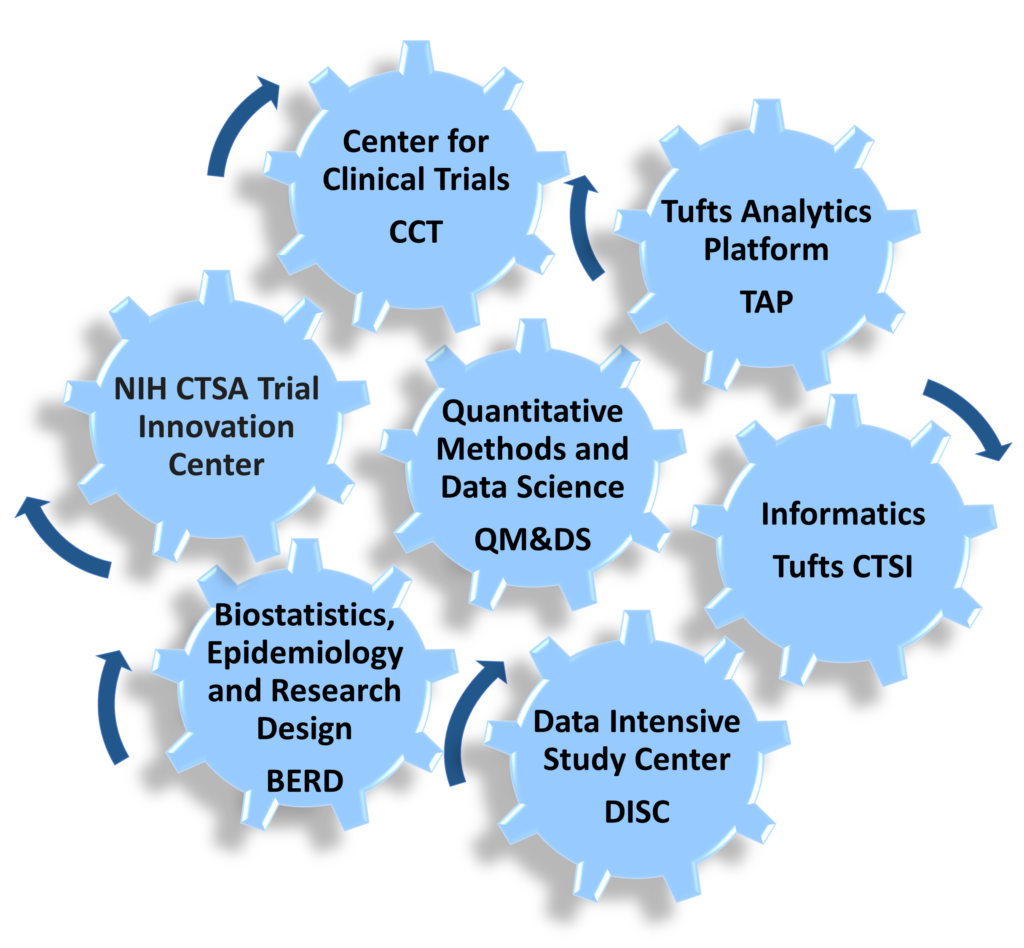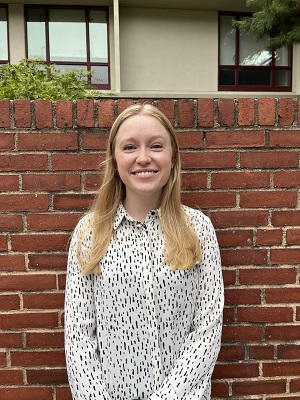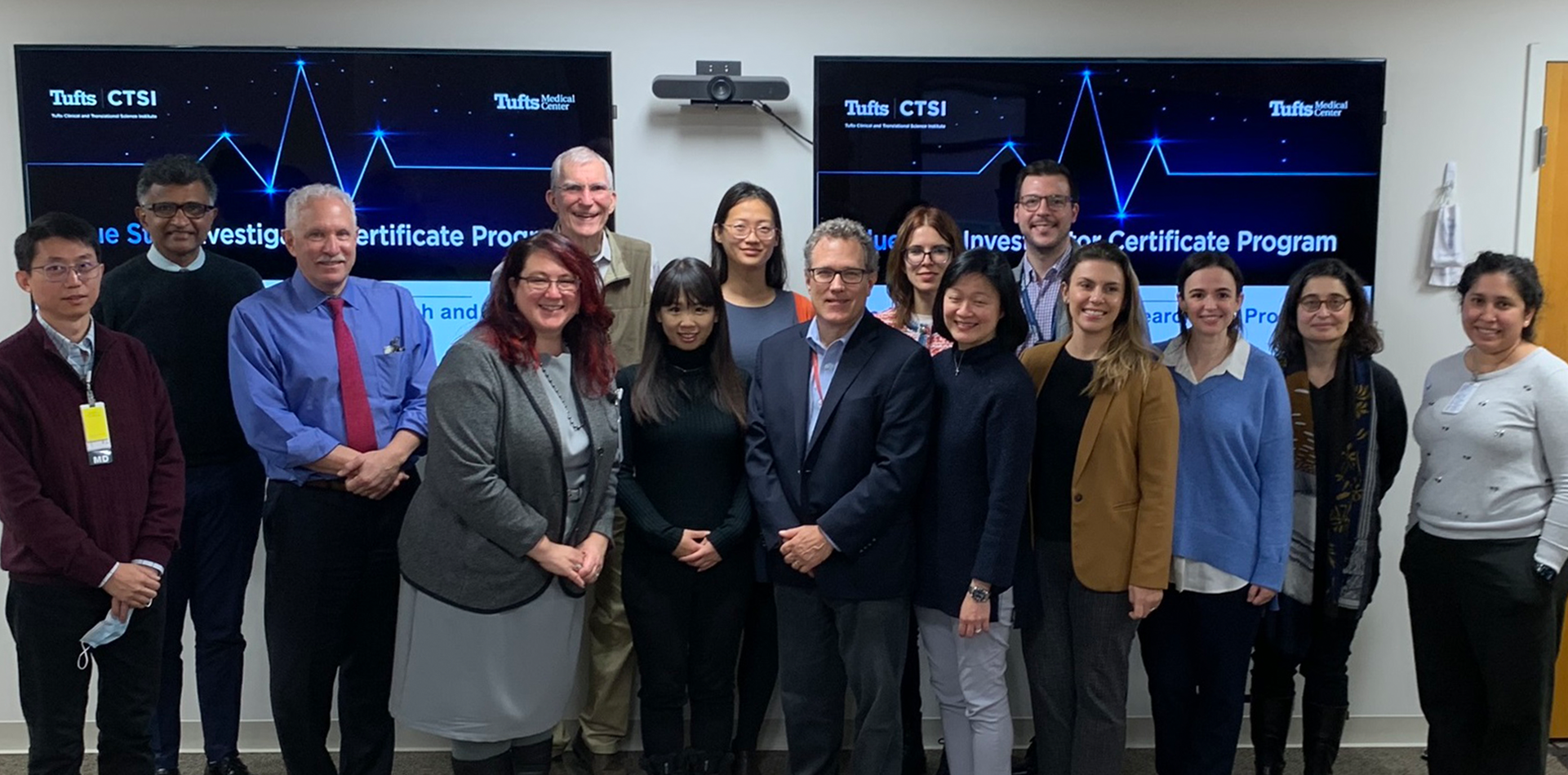
“Translational science is driven forward by work where these different quantitative methods and data science disciplines interact. Data science is expanding beyond limits of traditional epidemiologic methods.” — Harry Selker, MD, MSPH, Dean and Principal Investigator
Mission
The Biomedical and Health Data Sciences Collaborative (BHDSC) is a cross-disciplinary group of faculty, staff, and students with expertise in biostatistics, epidemiology, data sciences, and medical informatics who support the full spectrum of translational science from basic science to public health and health delivery. The BHDSC will be the core of research and development in quantitative methods, support education and service, and connect expertise and needs in biomedical and health sciences at Tufts Medical Center and Tufts University. The objective is to generate research, and to support educational and services to support current and future investigators, students, and projects.
Background
Quantitative data sciences, especially statistics and epidemiology, have long been a foundation of biomedical and health research. For over two decades, Tufts Clinical and Translational Science Institute (CTSI) and Institute for Clinical Research and Health Policy Studies (ICRHPS) at Tufts Medical Center have provided quantitative expertise for biomedical and health investigators across Tufts, along with the nation’s first MS/PhD Clinical and Translational Science Program in the Tufts Graduate School of Biomedical Sciences.
While statistics and related fields are continuing to evolve, technology has been transforming biomedical and health science research by generating novel, high-dimensional datasets, including omics, imaging, and electronic health record (EHR) data. These data provide a wealth of information, but their analysis and application to real-world problems are challenging. Advanced analytics applied at scale to large datasets from multiple institutions are opening new research possibilities, but this work requires a distinct set of data normalization and software engineering solutions. Drawing from both long-standing and newly developing quantitative methods, an interdisciplinary approach is essential to tackling high-impact biomedical research questions by blending informatics, artificial intelligence (AI) and machine learning (ML) methods with the sciences of study design, measurement, and biostatistics.
To respond to these challenges and needs, Tufts CTSI and the ICRHPS have grown an increasingly wide range of centers for quantitative methods, data science, computational, and informatics groups – to enhance collaborations and to facilitate broad multidisciplinary support of the Tufts research enterprise. Building on these resources, we are creating the Biomedical and Health Data Sciences Collaborative (BHDSC) to bridge these groups, increase capacity and support Tufts Medicine/Tufts University research integration and impact.
Centers
Faculty in the BHDSC direct research projects and collaborate with other investigators in cutting-edge translation research projects. They also provide training in traditional and emerging technologies used in translational science and also contribute to the educational mission of Tufts University by teaching, mentoring, and developing new educational activities. The current BHDSC collaborative centers and cores are listed below, they share personnel and infrastructure, have dedicated space on the 9th floor of 35 Kneeland Street, as part of the Tufts CTSI/ICRHPS organizations, which are located on the 7th to 11th floors of the building. These centers work synergistically in research and educational activities. They also have substantial track records of collaborative work with investigators at Tufts Medical Center and Tufts University, supported by Tufts CTSI. The centers are:
Tufts CTSI Biostatistics, Epidemiology, and Research Design (BERD) Center: expertise in study design, data collection and analysis, and interpretation and dissemination of research results
Contact: Paola Sebastiani, PhD | Director, Center for Quantitative Methods and Data Science
Tufts CTSI/ICRHPS Center for Clinical Trials (CCT): expertise in development and implementation of novel approaches to clinical trials
Contact: Ludovic Trinquart, PhD | Director, Center for Clinical Trials
Tufts CTSI Informatics Core: expertise in data management, harmonization, integration, and use of EHR and other large-scale biomedical and health data, and also a link with the CTSI Tufts Medicine EHR research data warehouse and informatics and analytics for patient-centered learning health system and other research infrastructure and innovations
Contacts: William Harvey, MD, MSc, FACR | Co-Director, Informatics and Tufts Medical Center CMIO | Andrew Williams, PhD | Co-Director, Informatics
Tufts CTSI Tufts Analytic Platform (TAP): predictive model development across the full spectrum of scientific and clinical data, including patient and population level analytics, multiscale omic biomarker discovery, and early drug discovery activities, including target identification and high-throughput in silico chemical screening.
Contact: Joseph Gormley | Director, Advanced Systems Development
ICRHPS Center for Quantitative Methods and Data Science (QM&DS): expertise in analysis of complex and multiscale biomedical data using advanced statistical, bioinformatics, and machine learning methods. Development of analysis methods for emerging data types
Contact: Paola Sebastiani, PhD | Director, Center for Quantitative Methods and Data Science
ICRHPS Johns Hopkins-Tufts NIH CTSA Trial Innovation Center: development of innovative clinical trial designs and methods and expertise in designing and executing national clinical trials
Contact: Harry P. Selker, MD, MSPH | Dean and Principal Investigator
Tufts University Data Intensive Study Center (DISC): expertise in development and application of new methods for extracting meaning from data
Contact: Abani Patra, PhD | Director, Data Intensive Studies Center (DISC)
Upcoming Events/Seminars
Wednesday, January 24, 2024 at 2:00PM: Dr. Shaoyang Ning, “Using Google search data for localized flu tracking”



